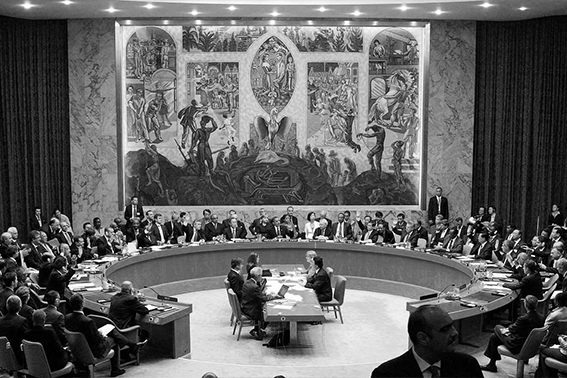
International non-proliferation and disarmament law forms part of international law and constitutes one of international law’s many sub-regimes. It addresses very specific issues of major significance. However, the founding and functioning principles of non-proliferation and disarmament law are aligned with those of international law.
This learning unit addresses the importance of international law for non-proliferation and disarmament and delves into related areas such as treaty law, the law on the use of force and international human rights law. The learning unit also looks into the state, where national implementation of international non-proliferation and disarmament law is needed in order to carry out international obligations and where national enforcement needs to be undertaken through national authorities, inspections, investigations and court cases. Finally, the learning unit addresses the EU’s legal order on non-proliferation and disarmament.
All these topics are illustrated with numerous examples, appealing to those both with and without a legal background.
After completing the unit, you will:
- understand the relevance of international law in non-proliferation and disarmament
- be familiar with key concepts, such as accession, ratification and “pacta sunt servanda”
- know the difference between legally binding and non-binding instruments
- understand how international non-proliferation and disarmament law is implemented through national law
- learn how both international and national law can be enforced at the national level
- recognise EU law as a subset of international law on non-proliferation and disarmament